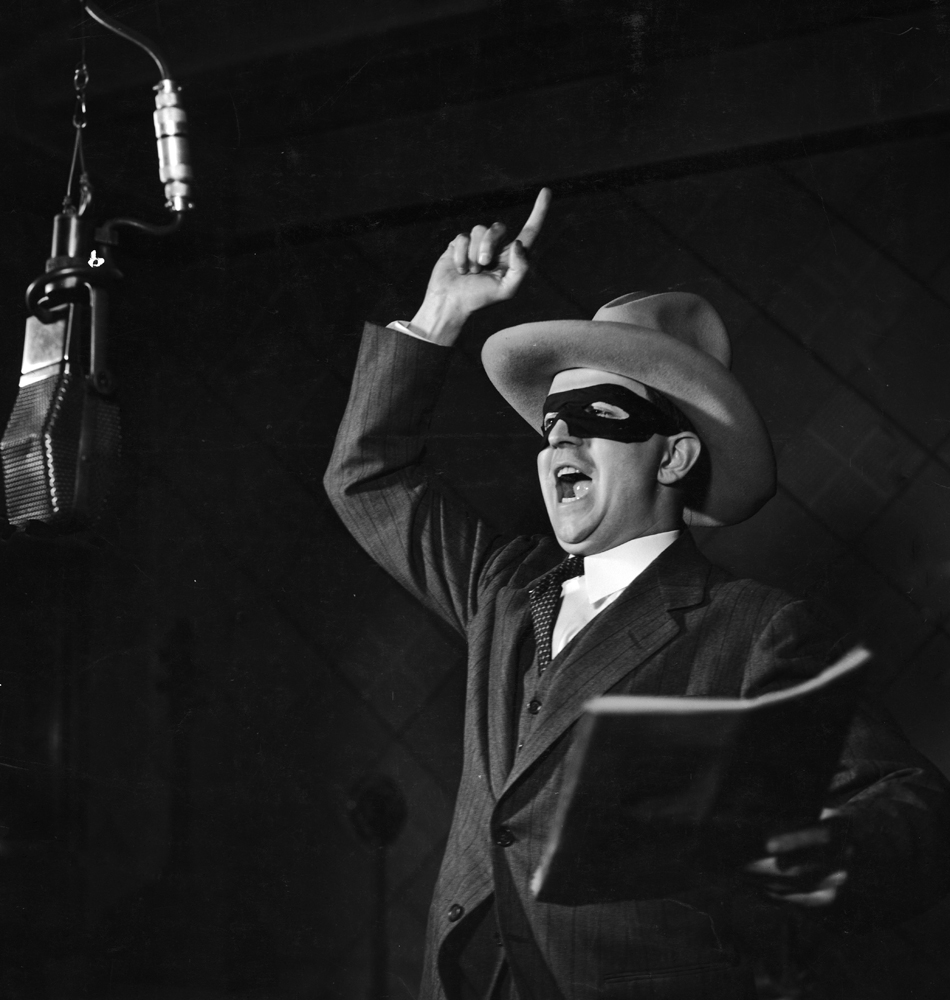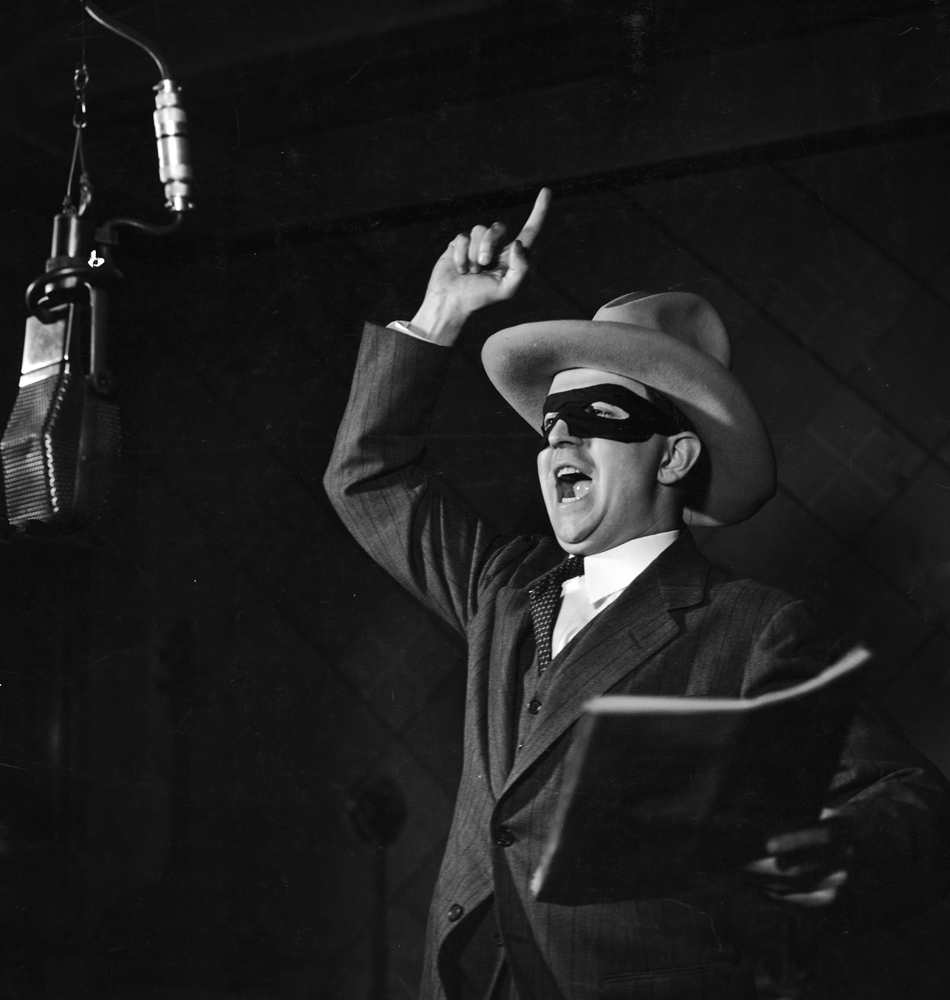
We all love the movies. And why not? At their best, motion pictures can thrill us, move us, make us laugh, shock us, terrify us—in short, they offer up a vision of life that, distilled into 120 minutes or so, can make our own existence seem pretty drab by comparison.
Take The Lone Ranger, for example. As seen in several films, including the most recent, enormously hyped and critically slammed version from Disney, every minute of every day in the world of the masked do-gooder is filled with danger, cartoonish violence, repartee, clear moral choices, outrageous stunts and (of course) romance. We sit in the dark and watch, marveling—or sometimes not so much—at the derring-do unfolding in front of us, all the while not-so-secretly wishing that our own days and nights witnessed even a shadow of such excitement.
[Read Richard Corliss’ lukewarm review of the Depp-Hammer movie]
But it’s worth remembering that, like more than a few pop-culture icons, the Lone Ranger was born not on the silver (or the small) screen, but in the imagination of a man who wrote for that most democratic of early-20th-century mass technologies: the radio. Eighty years ago, in 1933, with the unmistakable thunder of the William Tell Overture pounding from the speaker and a stirring shout of “Hi-yo, Silver! Away!” the indelible hero—the creation of radio station-owner George Trendle and writer Fran Striker—made his debut on Detroit’s WXYZ radio. Soon the Lone Ranger joined legends of the Golden Age of Radio like Lamont Cranston (the Shadow), the Green Hornet, Burns and Allen and other fictional and real-life figures as indispensable stars in the imaginative firmament of a nation.
The marvelous photo above, meanwhile, of actor Earle Graser inhabiting the role of the Lone Ranger (and wearing a mask, rumor had it, in order to “hide” from his legions of young fans when away from the microphone) suggests something elemental and profoundly appealing about radio that is quite simply lost when a title transfers to the screen. Namely, that the listener is gently but inexorably forced to pay attention to a radio play, bringing far more of his or her own imagination to bear on the entertainment than any of us are ever asked to bring to a movie theater.
We might feel engaged in a movie, but we can never, ever close our eyes and allow ourselves to be swept up in the narrative. For lack of better terms, the difference between watching a movie and listening to a radio play is the difference between passive enjoyment and active engagement—almost, one might say, participation—in the story itself.
We love movies. We always will. But the magic of radio—embodied by the late, great Earle Graser, alone at the microphone, conjuring an imagined world to life with the power of his voice—reminds us that some adventures play better in the unmeasured landscape of our minds and hearts than on the big screen.
Ben Cosgrove is the Editor of LIFE.com

More Must-Reads from TIME
- Where Trump 2.0 Will Differ From 1.0
- How Elon Musk Became a Kingmaker
- The Power—And Limits—of Peer Support
- The 100 Must-Read Books of 2024
- Column: If Optimism Feels Ridiculous Now, Try Hope
- The Future of Climate Action Is Trade Policy
- FX’s Say Nothing Is the Must-Watch Political Thriller of 2024
- Merle Bombardieri Is Helping People Make the Baby Decision
Contact us at letters@time.com